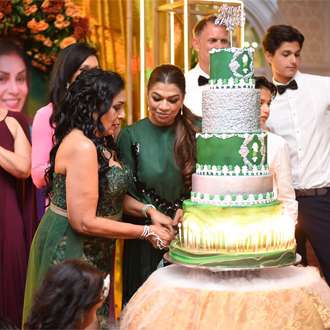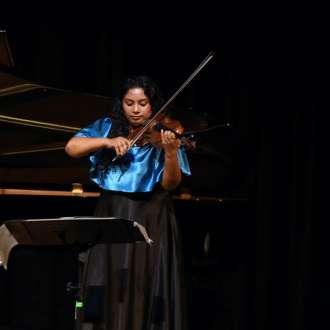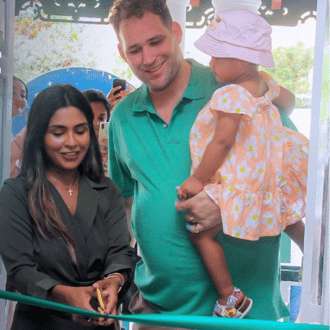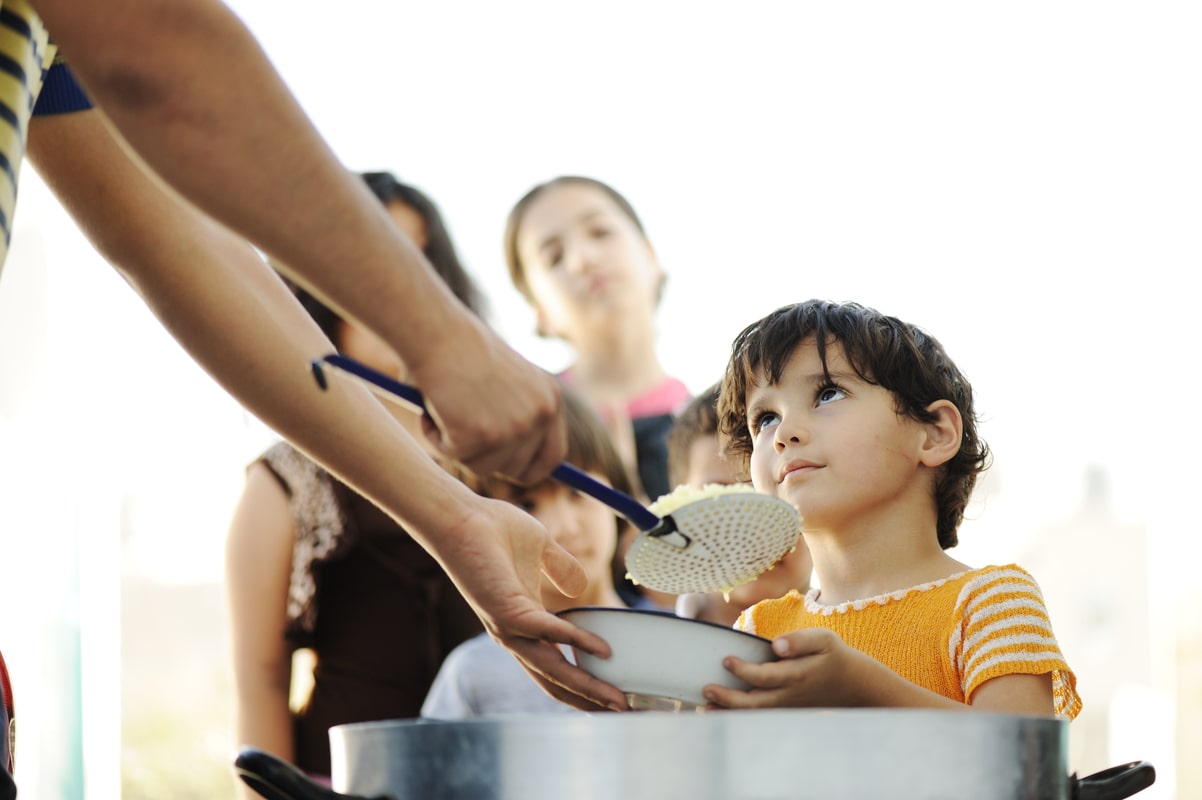
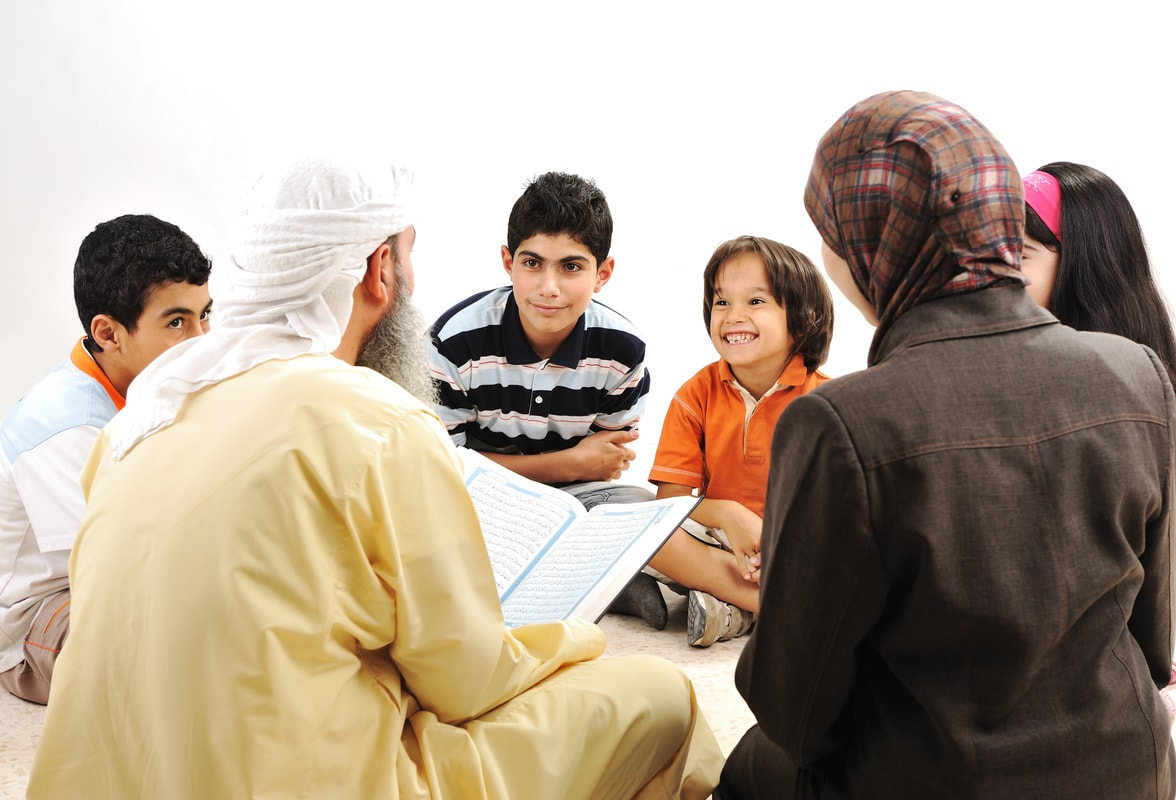
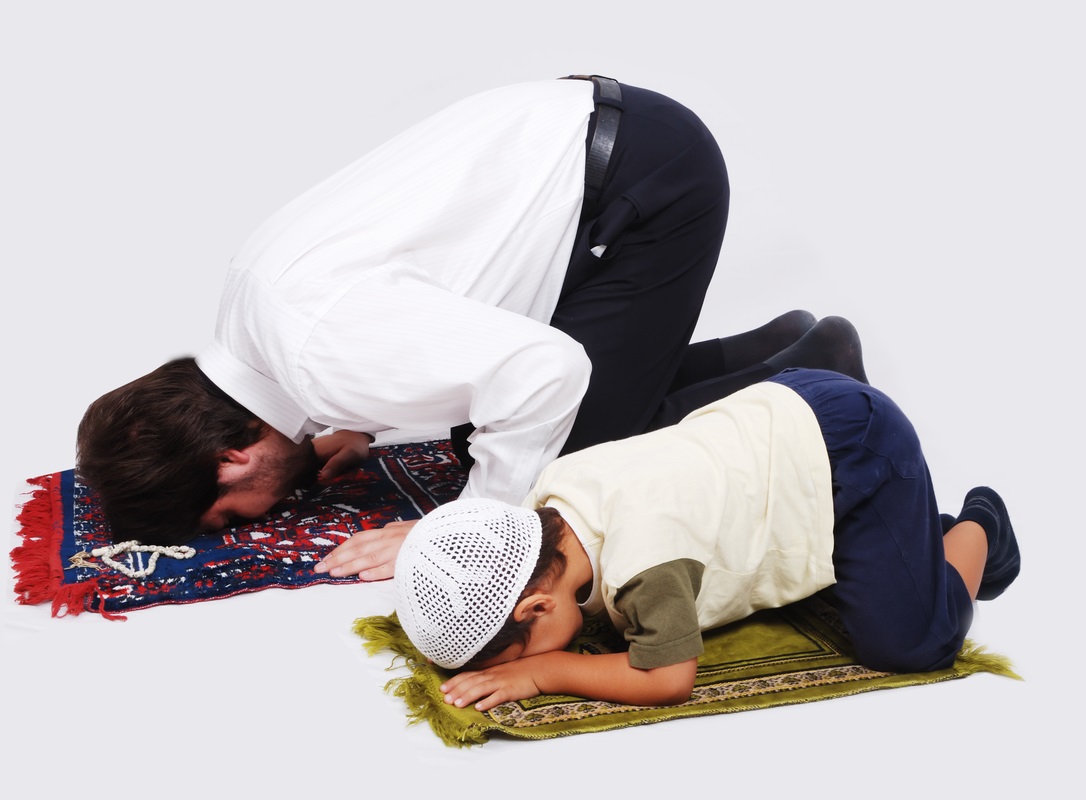
For over 2 million Sri Lankans, the sighting of the full moon on April 25th marked the beginning of Ramadan, the holiest month for Muslims revered for being the month believed for when the Qurán was revealed.
But what is Ramadan? It is the ninth month of the Hijri or the Muslim Lunar calendar and is the reason behind the annual changes in date in the more common and solar Gregorian calendar.
During this month Muslims all across the world , practice one of the five pillars of Islam : Sawm (pronounced as Saum ) which means “to refrain”, and goes beyond abstaining from consuming food and water from dawn to dusk, but also from sexual intercourse with their spouse during the fasting hours, cursing,lying and even acts of rage that includes road rage. Instead it is charity, prayer, and other acts of worship that are encouraged.that is why though the mosques have been closed, families have now adapted in their prayer and worship through the seeking and understanding of knowledge in the Hadith the recorded teachings of Prophet Muhammad (P.B.U.H) .
Having said that now halfway into the month, it would be rather uncommon to not notice lights on at dawn usually at 3 am in Muslim households as families get ready to nourish and prepare themselves for fasting the rest of the day till dusk with a predawn meal called Suhoor. Also expected though much later in the afternoon is the smell of the comforting aroma of spices and the sizzling of fried foods such as pakoras, samosas and cutlets all popular staples in an Iftar the meal signifying the end of the fast for the day, which begins traditionally with dates and a sip of water.
for those more pious, Taraweeh or nightly prayers are of great significance especially towards the last ten days of the month, as it is believed that it is on during one of those nights the Qur'an was revealed.
Prior to the wise decision of limiting social gatherings during this current pandemic, mosques would hold huge Iftar feasts keeping the less fortunate especially in mind because in addition to encouraging acts of worship this month acts as a reminder to be compassionate towards those in need and it has now compassion has taken form in the of Muslim religious authorities and rulers firmly enforcing restrictions as a precautionary measure to reduce further spreading of the virus as it continues to persist on Muslims meeting in and out of the mosques, which also includes inviting families and friends for Iftar.
As the days pass, Muslims await for the sighting of the full moon and Eid-ul-Fitr to begin which in layman terms means "the festival of breaking the fast". Muslims would rush through stores and malls to get new clothes to wear for the special congregational prayer held after which families and friends alike hold celebrations together ,cash gifts called Eidi are also given to children and close relatives, but as the fight against the pandemic continues ,Eid prayers may be held at home, as imposed by even Saudi Arabia's highest religious authority in the Kingdom the grand mufti Sheik Abdulaziz al-Sheikhas reported by the Saudi Arabian Newspaper Okaz.
Muslims now have another reason to pray and show compassion: for the well being of all
By Izmi Dalhan Carrim

